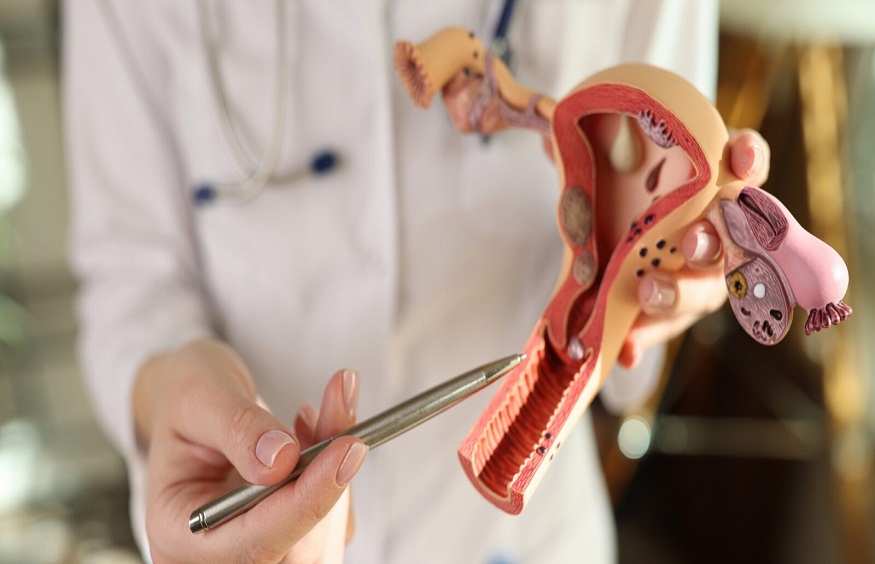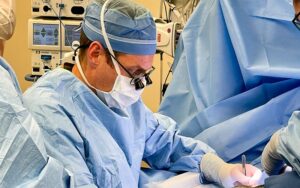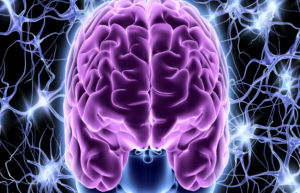Understanding fertility is like piecing together a complicated puzzle. One important piece is age. Age plays a huge role in a woman’s ability to conceive. Today, we’re diving into a candid discussion with a top infertility specialist about this topic. The specialist practices upper east side egg freezing – a modern method to support fertility. We’ll explore how age impacts fertility and what options exist to help women who wish to delay pregnancy.
The Biology of Fertility and Age
Biologically, women are most fertile in their early 20s. After that, fertility begins to decline. By the age of 35, this decline becomes more significant. After 40, it drops sharply. This is a biological fact, not a societal judgment.
The Role of Eggs in Fertility
Women are born with all the eggs they’ll ever have. As a woman ages, so do her eggs. Older eggs may have more abnormalities, leading to reduced fertility and increased risk of miscarriage. That’s where egg freezing comes in.
Egg Freezing: A Modern Solution
Egg freezing allows women to store younger, healthier eggs for future use. It’s a way of pausing the biological clock. But it’s not a guarantee. Not all frozen eggs will lead to a healthy pregnancy.
Table: Age and Fertility Rates
| Age | Natural Fertility Rate per Month |
| Under 25 | 25% |
| 25-29 | 20% |
| 30-34 | 15% |
| 35-39 | 10% |
| Over 40 | 5% |
Delaying pregnancy is a personal decision. It’s important to understand the facts, make informed decisions, and discuss your options with a healthcare provider. Remember, fertility is just one piece of the puzzle. A fulfilling life is made up of many pieces.



